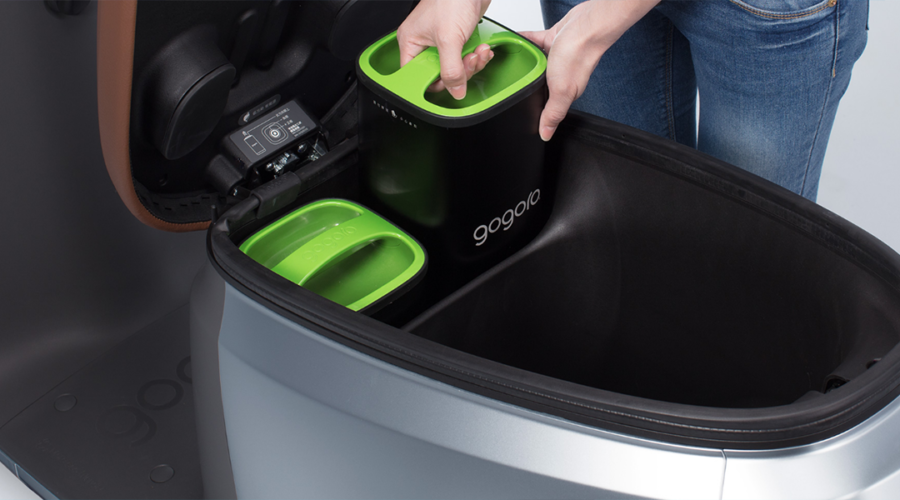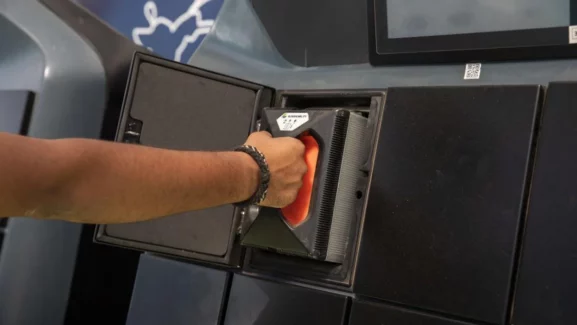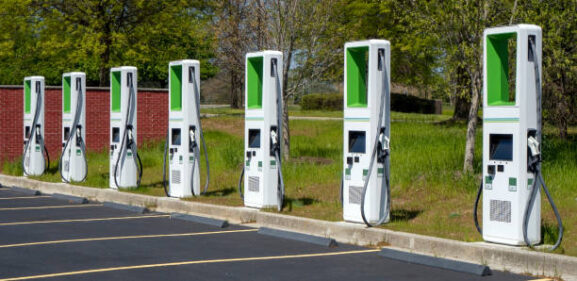Government Looking Forward to Consider E-vehicle for Battery Swapping
Is Battery Swapping going to be game changer in EV industry?
In recent years the demand for mobility has been increasing, be it businesses, consumers, or governments all are focusing on zero-emission mobility. So to achieve this in the market we have electric vehicles, hybrids, plug-ins, battery EVs and many more. These can help in achieving the aim of mobility and reduce the rate of pollution caused in the environment. In 2022, Nirmala Sitharaman, the Finance Minister in her speech announced that battery swapping policy would be implemented and interoperability standards will support this policy. The country is expected to touch $150 billion in the electric vehicle market by the end of 2030. She also proposed the idea of introducing zero emission zones which will allow only electric vehicles. Other than this, in the past years government has taken various initiatives to promote EVs, this includes schemes like FAME schemes. But the recent announcement is the first step taken by the country that shows the battery swapping progress.
What is Battery Swapping or BAAS?
Battery swapping or a battery-as-a-administration (BAAS) model could turn into a practical EV arrangement. EV proprietors can trade a released battery for a completely energized battery at trading stations as opposed to charging their vehicles. Different partners will be engaged with the activity of the BAAS model, including producers (EV and battery), BAAS administrators, valuable specialist co-ops, for example, programming specialist organizations, and EV proprietors.
While BAAS offers a cost-effective alternative to establishing public charging infrastructure, it may face challenges in India.
BATTERIES’ INTEROPERABILITY
To make battery swapping models work on a large scale, EV batteries must be standardized to ensure that they are interoperable, that is, compatible with other EVs in the same segment. The government is trying its best to standardize BAAS at the national level, though there is no official agreement on the Interoperability of EV batteries. If we look around, China was the first nation to establish a national standard for the BAAS industry in the year 2021.
At the moment, Indian law does not specify a uniform standard for electric vehicle batteries. NITI Aayog released a policy paper in 2021 proposing the creation of EV charging standards. There was, in any case, no direction on battery interoperability guidelines. Specialized principles for battery interoperability, like size and aspects, creation, arrangement, voltage, etc. might be created in India.
RELAXATION OF REGULATORY RESTRICTIONS
The Ministry of Power explained in 2018 that under the arrangements of the Electricity Act of 2003, charging the batteries of electric vehicles through a charging station doesn’t need a permit. The service as of late given updated rules on EV charging foundation, permitting the foundation of public charging stations and battery trading stations without the requirement for a permit as long as they meet specialized, security, and execution principles. Until March 2025, the power supply duty to these stations will be a solitary part levy that won’t surpass the normal expense of supply.
The proposed policy on battery swapping is intended to help India achieve its goal of having a thriving electric vehicle market. While this new announcement opens up a slew of possibilities for all EV players, it may take some time for BAAS operators to establish a brand in India. The growth of BAAS in India will have to overcome a variety of challenges, including implementation costs, standardization, and a lack of consumer trust. While the scope of the proposed policy and its applicability is unknown at this time, we hope that it will address the nuances mentioned above. However, unlike traditional EV charging models, BAAS necessitates a higher level of standardization, as well as user acceptance, to be successful.



